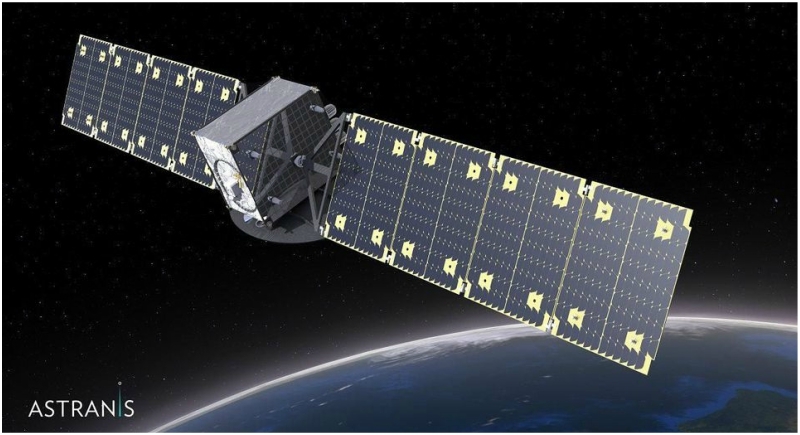Raising around $18 mn Astranis Satellite aims to provide broadband internet access across globe
Mumbai, March 3: Raising around $18 million as a total investment, Satellite Startup Astranis is building satellites about the size of a wine cooler that is capable of delivering broadband internet services to telecommunications services around the globe.

"It's the first time ever and we’re super excited about it," said Martin Casado, a General Partner at Andreessen Horowitz who is joining the board of Astranis as part of the investment deal.
"We're very excited about what’s going on in space. It's very clear there’s a massive disruption going on."
Astranis has a target in areas where broadband internet isn't widely available or unavailable at all, due to the cost of building the infrastructure out to those areas. Over half of the world doesn't have access to the internet - and satellites play a major role in connecting them.
The company has developed a small, low-cost satellite design to provide internet connectivity from geostationary orbit, a very high altitude where satellites remain in place over one part of the earth. Having tested a prototype in low-earth orbit earlier this year, Astranis will use its new funds to build a full-fledged satellite with several gigabits of capacity and launch it next year.
"We want people to have access to information about healthcare, agriculture, and human rights," said Astranis CEO John Gedmark.
"We want them to be masters of their own destiny. There is a shared store of human knowledge that we take for granted. And part of the world that is online is missing out, too. Everyone that's not online isn't as able to apply their brainpower and smarts to solve problems," he added.
Another unique feature of the company's satellites doesn't come from their hardware, but their software. Many communications satellites today employ analog radio. But Astranis' satellites have software-defined radio. The satellites have digital signal processing, which the company claims increases throughput and performance. This also means that they can have flexibility in what frequency bands they use rather than having them hardwired.
"We have all the pieces in place now," said Gedmark. "We have the funding, we have an incredible team of talented engineers, we have the technological progress and we have a long list of customers. We're open for business and ready to get this off the ground."